SUPERIOR PRODUCTS
SERVICE DRIVEN
Customer Service is our priority.
We aim to build relationships and provide quality services to optimize mutual growth.

OUR HISTORY
Hi Yield of Alden is a family-owned company located in Southern Minnesota. We have been in business for 60 years. Our business began in 1965 by my father, Jan T. Reed. He always focused on helping farmers get the maximum yield with the best prices.
For 50 years, Kevin Reed (son), worked alongside his dad, Jan T. Reed. In 1989, Kevin took over Hi Yield of Alden to continue the tradition of hard work, knowledge, and exceptional service. After 60 years in business we can proudly say we serve more than 70% of the farmers around the area.
SERVICES
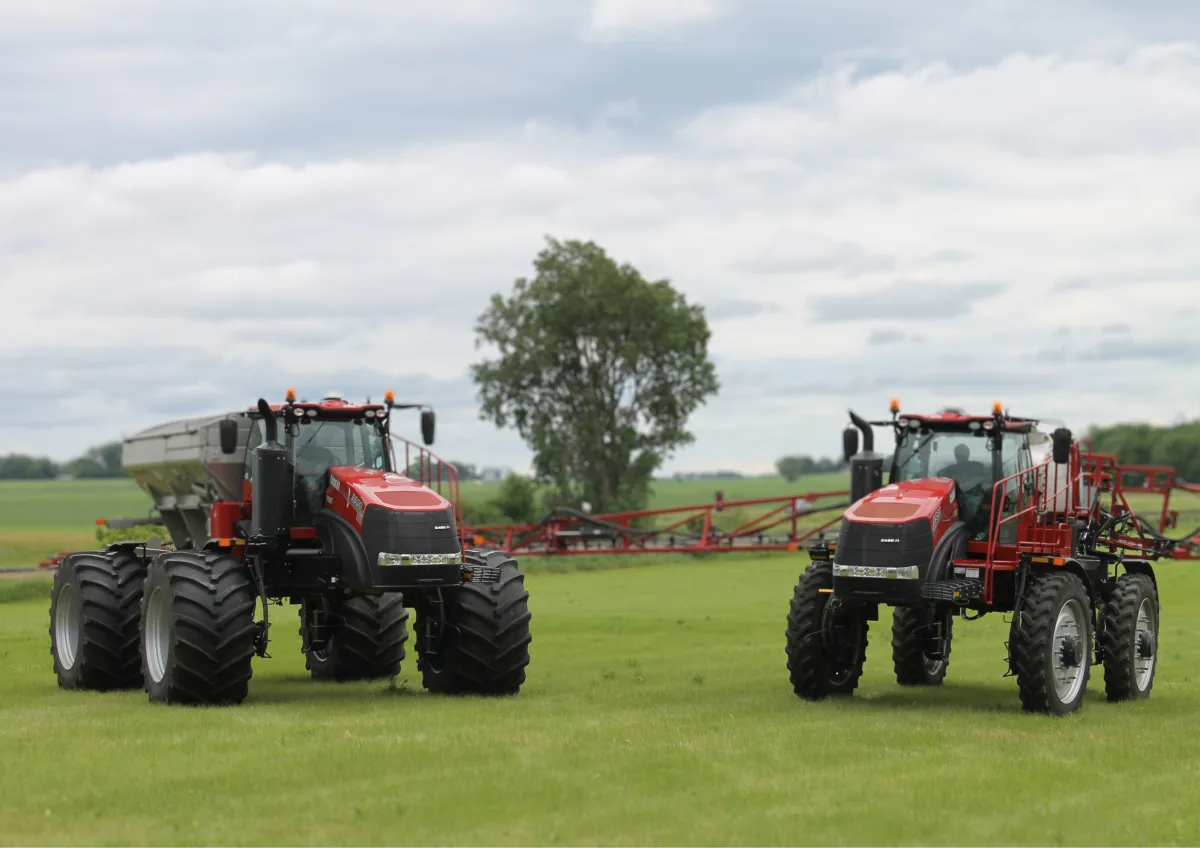
CUSTOM APPLICATION
At Hi Yield Products, we specialize in providing top-notch agricultural services tailored to meet the specific needs of our clients.
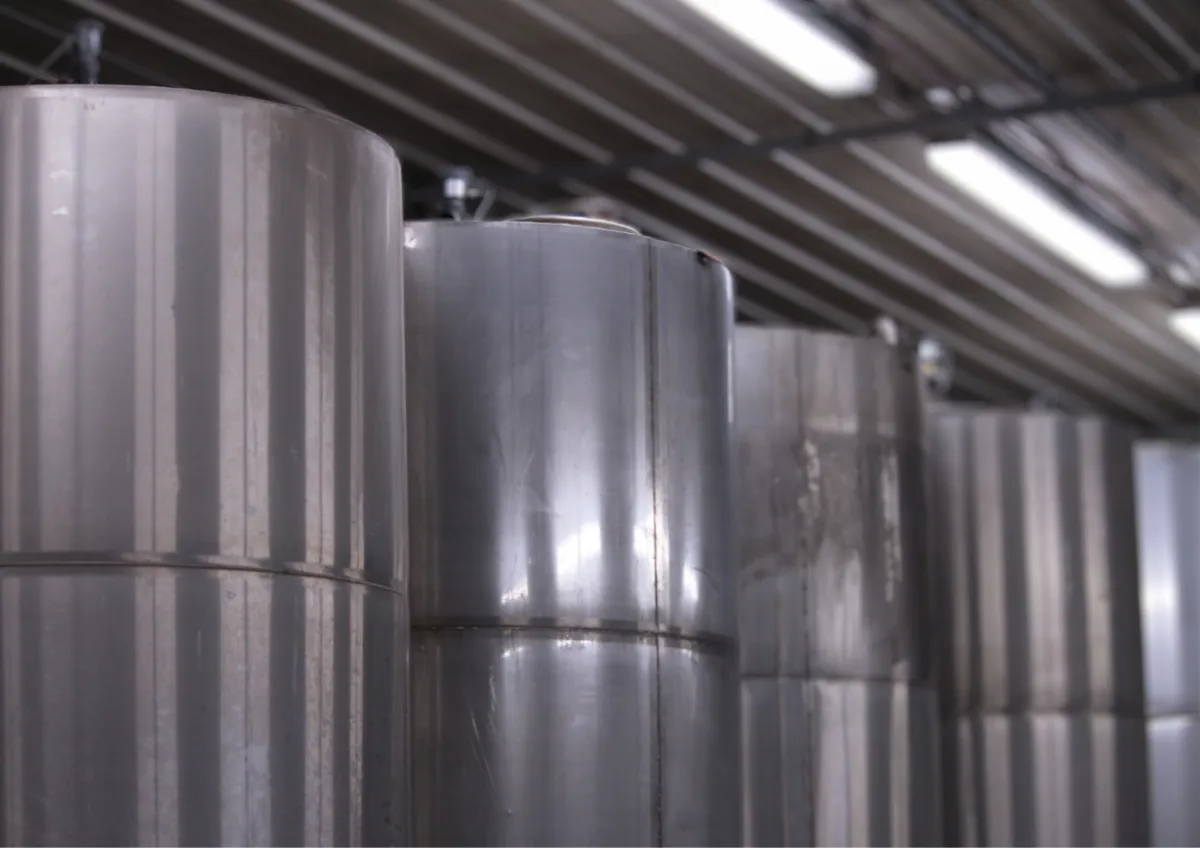
CHEMICALS
We understand that effective weed management is crucial for maximizing crop yields and maintaining soil health. Whether you have specific brands in mind or are looking for the best pricing, we offer tailored solutions to meet your needs.
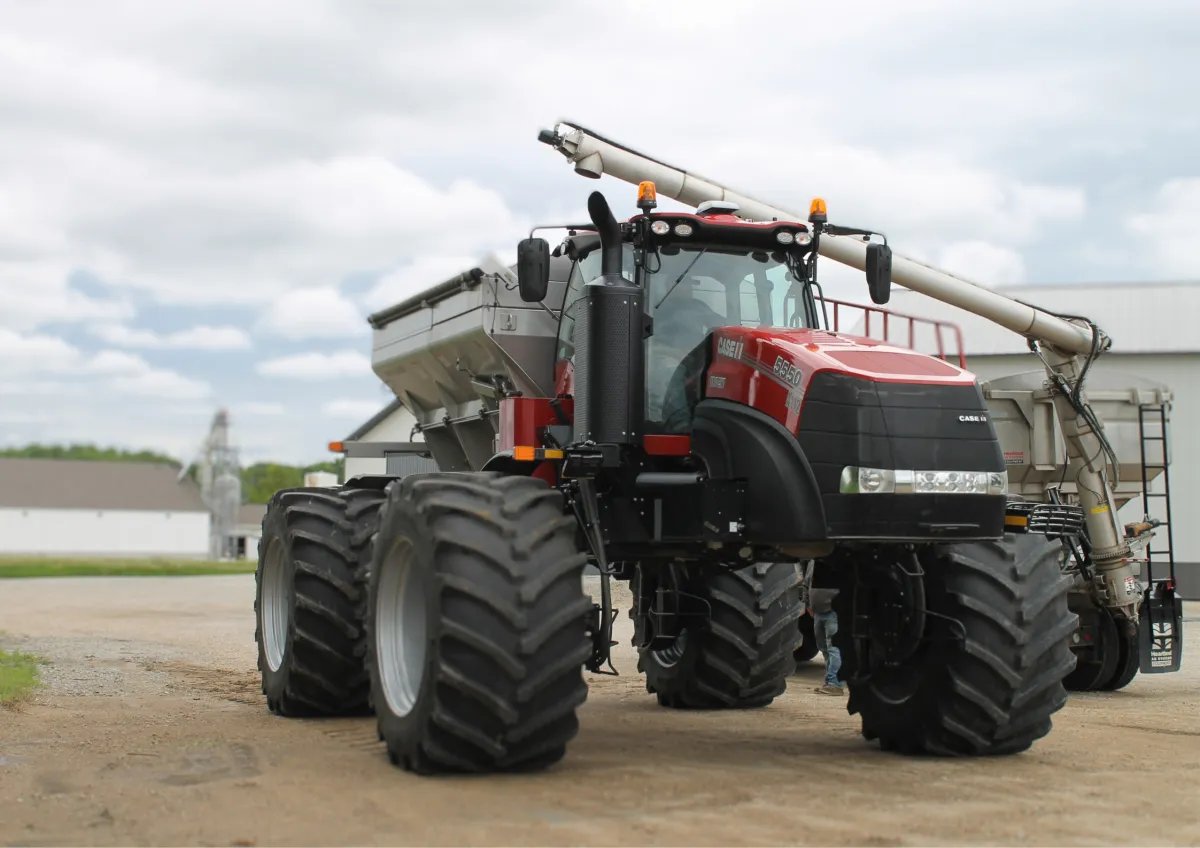
FERTILIZER
We are dedicated to helping you achieve the highest possible yield with our range of specialized agricultural services.
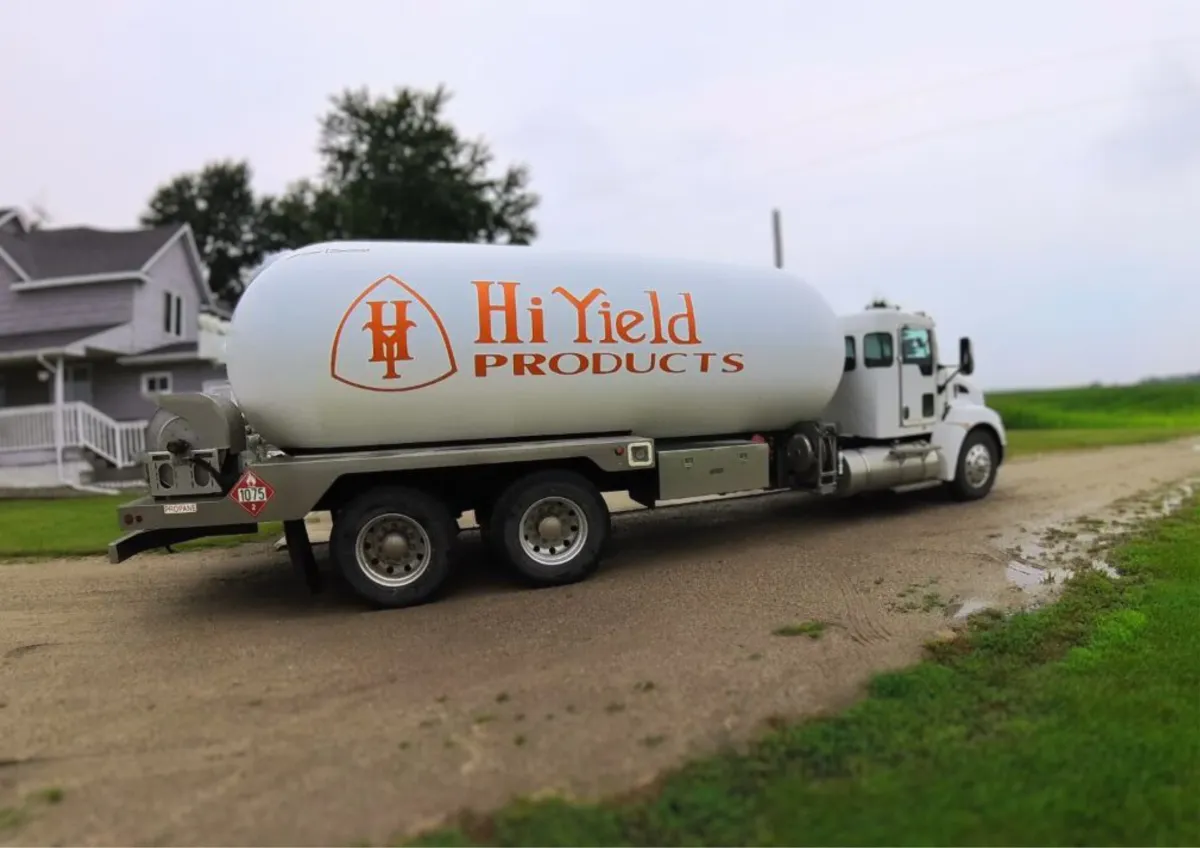
LIQUID PROPANE
We provide comprehensive heating installation services for both commercial and residential clients. Our expertise ensures reliable and efficient heating solutions tailored to meet your specific needs.




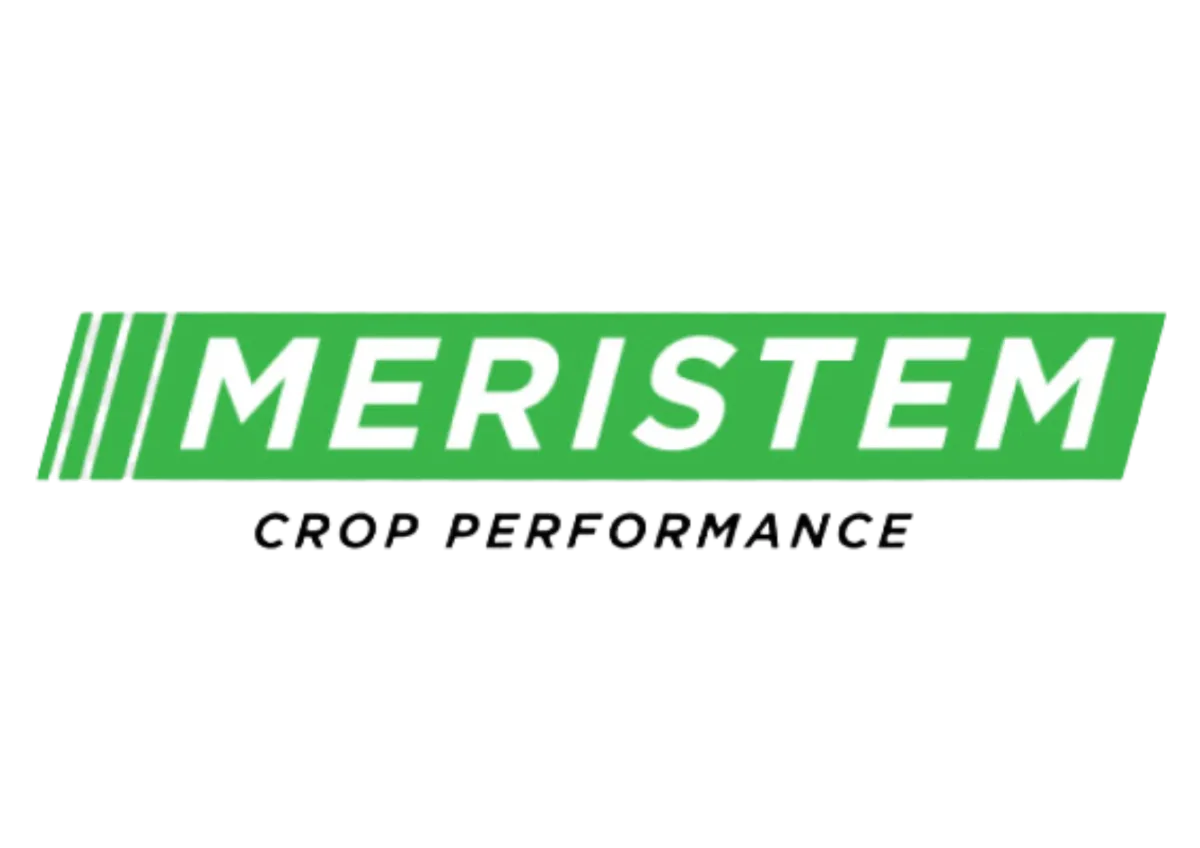
OUR TEAM
John Doe
Jane Doe
John Doe
FAQS
New Information on Biologicals
In the last couple of years there has been a lot of talk on biologicals. Biologicals in agriculture are a broad category of plant protection products that are derived from living organisms and used in both organic and conventional crop production systems. They can be used to protect plants from disease, insect pests, and competition from weeds. Biologicals can be complementary or alternative solutions to conventional crop protection products, and can be used in an integrated pest management (IPM) program or as a stand-alone method. They are safe for humans and the environment, and can help maximize crop yields, improve equality, and minimize pest resistance.
Bulk Spreading
Bulk spreading fertilizer on crops ensures uniform nutrient distribution, promoting even growth and preventing deficiencies. It is efficient, cost-effective, and allows farmers to cover large areas quickly. Modern equipment can be calibrated for precise application rates, maintaining soil health and increasing yields. This method reduces labor, time, and costs while minimizing runoff and waste, making it a practical and environmentally beneficial choice for farmers.
Variable Rate Application
Variable rate application (VRA) is a precision farming technique that involves applying different amounts of agricultural inputs to different areas of a field based on the specific needs of that area. Advantages including higher average yields, lower farm input costs, and environmental benefits from applying fewer inputs.

